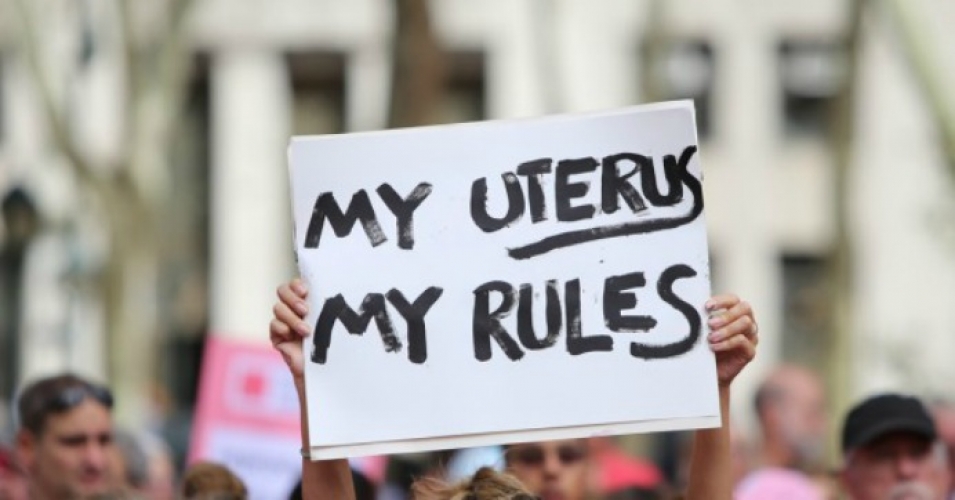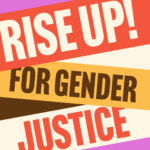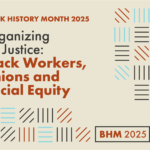
Following a series of regressive abortion laws passed in several American states, Canada’s unions are expressing solidarity with advocates in the United States who are fighting to protect reproductive rights. The Canadian Labour Congress (CLC) further commits to protecting our own hard-won gains and to fill the gaps in access to sexual and reproductive health and rights in Canada, including abortion.
“We can’t take abortion rights in Canada for granted. We are not immune to the attitudes and tactics at play south of the border. There is an alarming and well-funded effort by anti-choice groups in Canada to elect politicians who support restrictions on reproductive health services and rights,” said Hassan Yussuff, CLC President. “When Conservative politicians attend anti-choice rallies and express their desire to make abortion ‘unthinkable’ it’s time to take a clear stand. We will resist any attempt to take us backwards.”
Canada’s unions have a deep and longstanding commitment to sexual and reproductive health and rights. Unions and labour activists joined the call to decriminalize birth control and abortion in the 60s and 70s. In its 1968 submission to the Royal Commission on the Status of Women, the CLC observed that “if a woman in the pursuit of her career wishes to arrange the timing of her pregnancies in a manner consistent with the demands of her occupation, to limit the size of her family, or, indeed, to have no children at all, then this should be a matter for her discretion”.
Since the 1988 Morgentaler decision, the labour movement has worked with feminist organizations and other allies to resist attempts to introduce new restrictions to abortion rights and access. In May 2008, the CLC awarded Dr. Henry Morgentaler with its highest honour, the Award for Outstanding Service to Humanity, for his work promoting health and equality for women.
Canada’s unions have long called for public coverage of medical procedures and medication to allow people to decide whether and when to have children, promote maternal health, affirm their gender identity and meet other sexual and reproductive health care needs. They have also called for better access to abortion services in regions where it remains difficult to obtain sexual and reproductive health care. And unions continue to support comprehensive sexuality education, access to health care for trans people, and protections for pregnant people in unsafe working conditions.
“The labour movement’s support for reproductive justice includes our fight for decent work, for good jobs, for maternity and parental leaves, and for child care for all families,” said Marie Clarke Walker, CLC Secretary-Treasurer. “Economic justice and reproductive health and rights are linked, and are fundamental to gender equality.”
Access to abortion services remains a problem, especially in rural, remote and Indigenous communities, for young people, for those with precarious immigration status or who don’t have the means to travel. In some provinces, like New Brunswick and Prince Edward Island such services are virtually non-existent on account of provincial policies that restrict access or impose limits on funding. The lack of access to sexual and reproductive health care and rights has disproportionate impacts on people who experience various forms of marginalization, such as Indigenous women, Black and racialized women, women with disabilities, trans and non-binary folk, immigrant, migrant and refugee women.
“Canada’s unions will not tolerate any attempt to roll back abortion rights. We will keep calling on governments to address gaps and barriers to access, to ensure that everyone is equally able to access sexual and reproductive health care, including abortion,” said Yussuff.





